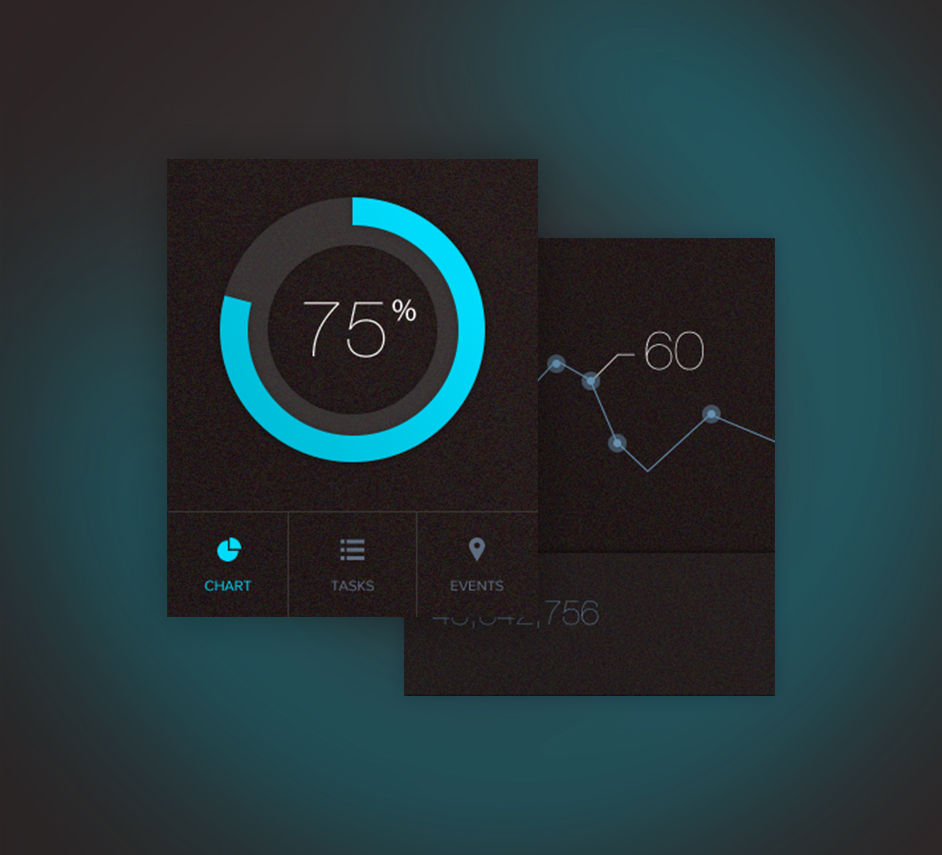Red Flags That Show Your Revenue Strategy Is Broken and Solutions
- Optima Danışmanlık

- Aug 26, 2025
- 3 min read
One of the biggest mistakes in hospitality is assuming that if everything looks fine, the strategy must also be healthy. Occupancy is “not bad,” reports look “okay,” but if you are still missing revenue targets, the problem lies inside, not outside: your revenue strategy is not aligned with the market.
Here are the most common red flags Optima encounters in hotels and the solutions we provide:
1. Early Sell-Outs Are a Warning, Not a Win
You may have sold out your weekend rooms by Wednesday. But this is not a success—it’s an early warning sign.
Why Risky?
Selling rooms too early and too cheap.
Missing last-minute, high-margin bookings.
Sending the market a “book early, book cheap” message.
Pressuring your prices on shoulder days.
Optima Solution:Compare your sell-out lead time with competitors. If you’re filling up 4–6 days in advance while they fill closer to stay dates, your pricing is wrong. Optima prevents revenue leakage with stop-sell management and rate fencing.
2. Flat ADR in a Growing Market
RevPAR is rising but ADR has been the same for six months? Then you’re not growing—you’re just getting tired.
Why Risky?
Relying only on occupancy.
Giving unnecessary discounts on shoulder days.
Becoming overdependent on OTAs and opaque channels.
Wasting upgrade and upsell opportunities.
Optima Solution:We analyze ADR by segment and channel to detect low-yield groups. Through upsell strategies and dynamic pricing adjustments, we ensure your rates grow with the market.
3. Weak Group Layering
Groups provide not only occupancy but also strategic flexibility. Mismanaging them creates serious losses.
Why Risky?If your bookings rely only on transient business (individual stays outside of groups), your strategy is unsustainable.
Transient includes OTA bookings, direct reservations, corporate FIT travel, and tour operator FIT contracts. Remember: every FIT is transient, but not every transient is FIT.
Overreliance means:
Too much dependence on last-minute demand, weakening pricing control.
Reduced flexibility without group or corporate bookings to provide base occupancy.
Optima Solution:We perform group booking curve analysis to identify which segment should play the filler role on specific dates.
Prevent low-rated groups from blocking peak demand.
Position small groups at the right price to cover shoulder periods.
Balance FIT and individual segments to support the group base.
Manage all this with “smart displacement analysis.”
4. Lack of Rate Fencing = Loss of Control
Are your corporate rates showing up on third-party sites? Are your summer promos being used by locals? That’s not just a technical issue—it’s a strategic failure.
Why Risky?
Training the market to expect discounts.
Reducing perceived value across channels.
Blurring your segmentation strategy.
Optima Solution:Every promotion must have a reason and a limit. We:
Keep loyalty rates visible only on your direct site.
Block local price leakages.
Protect corporate deals with ID and domain-based validation.
5. Forecasting Based on “Gut Feeling” Instead of Data
If you keep saying “pace looks good” but forecasts keep missing, your forecasting system is broken.
Why Risky?
Only using last year’s data ignores current market conditions.
Short booking windows, cancellation behaviors, and conversion rates are overlooked.
Segment shifts are missed.
Optima Solution:Optima delivers segment-based forecasting:
Includes booking window & cancellation probabilities.
Monitors conversion rates by channel.
Benchmarks against live competitor data instead of static STR averages.
Forecasts must drive action, not just fill reports.
6. Other Red Flags
Competitors’ RGI rises while yours is flat.
“Sold out” but still missing revenue goals.
Relying only on discounts as promotions.
Not knowing reservation cost per channel.
Not updating room types & upsell strategies for 90+ days.
These show your strategy is running on autopilot.
Conclusion: Turn Red Flags into Advantages with OptimaMost of the time, you don’t need to reset strategy completely. Small adjustments, clear processes, and proper tracking make a big difference.
As a team managing revenue for 50+ hotels, Optima:
Pinpoints exactly where you’re losing revenue,
Tests your strategy,
Creates big gains with small changes.
If the signals above sound familiar, it’s time: Don’t leave money on the table—grow with Optima.




Comments